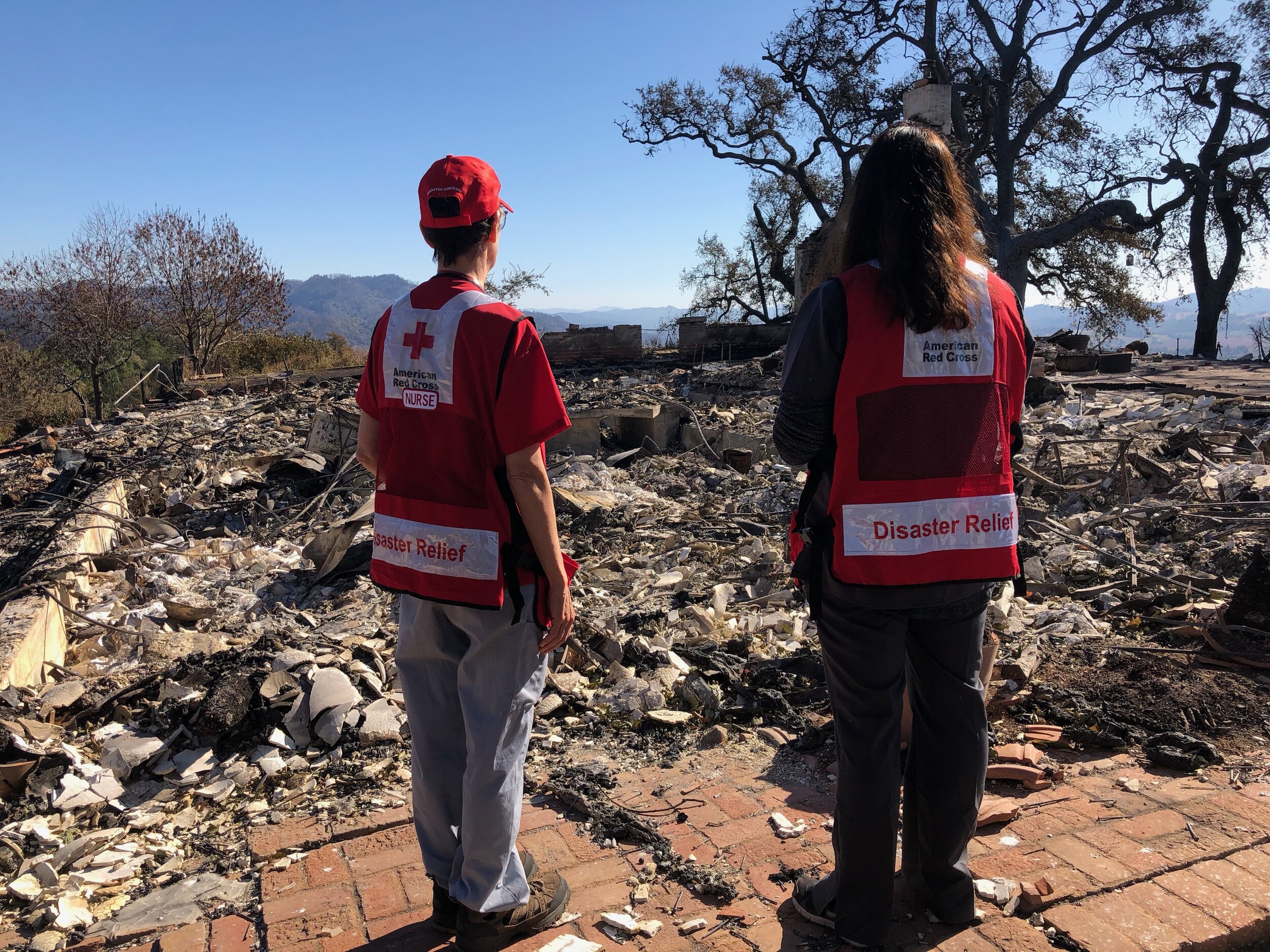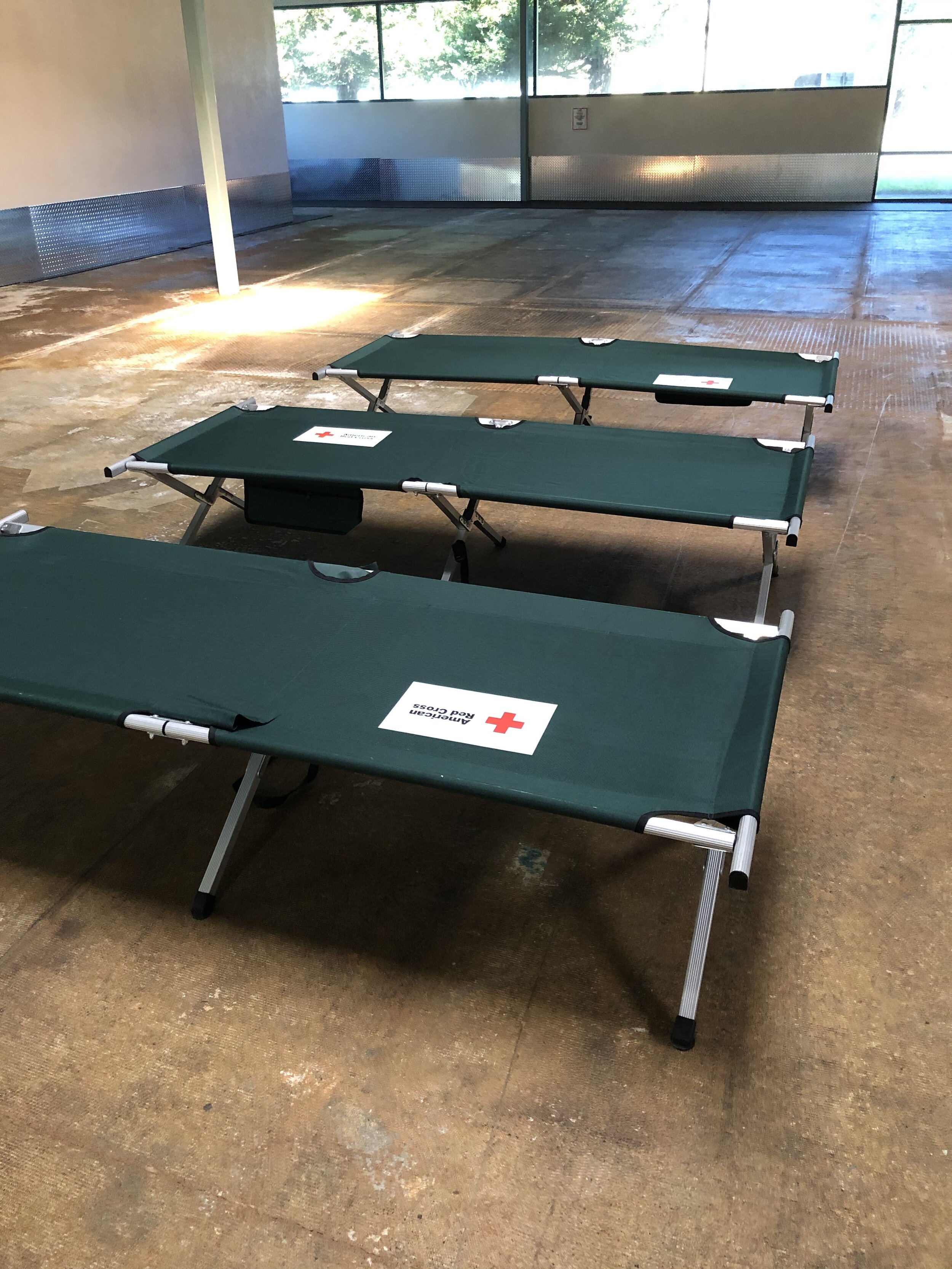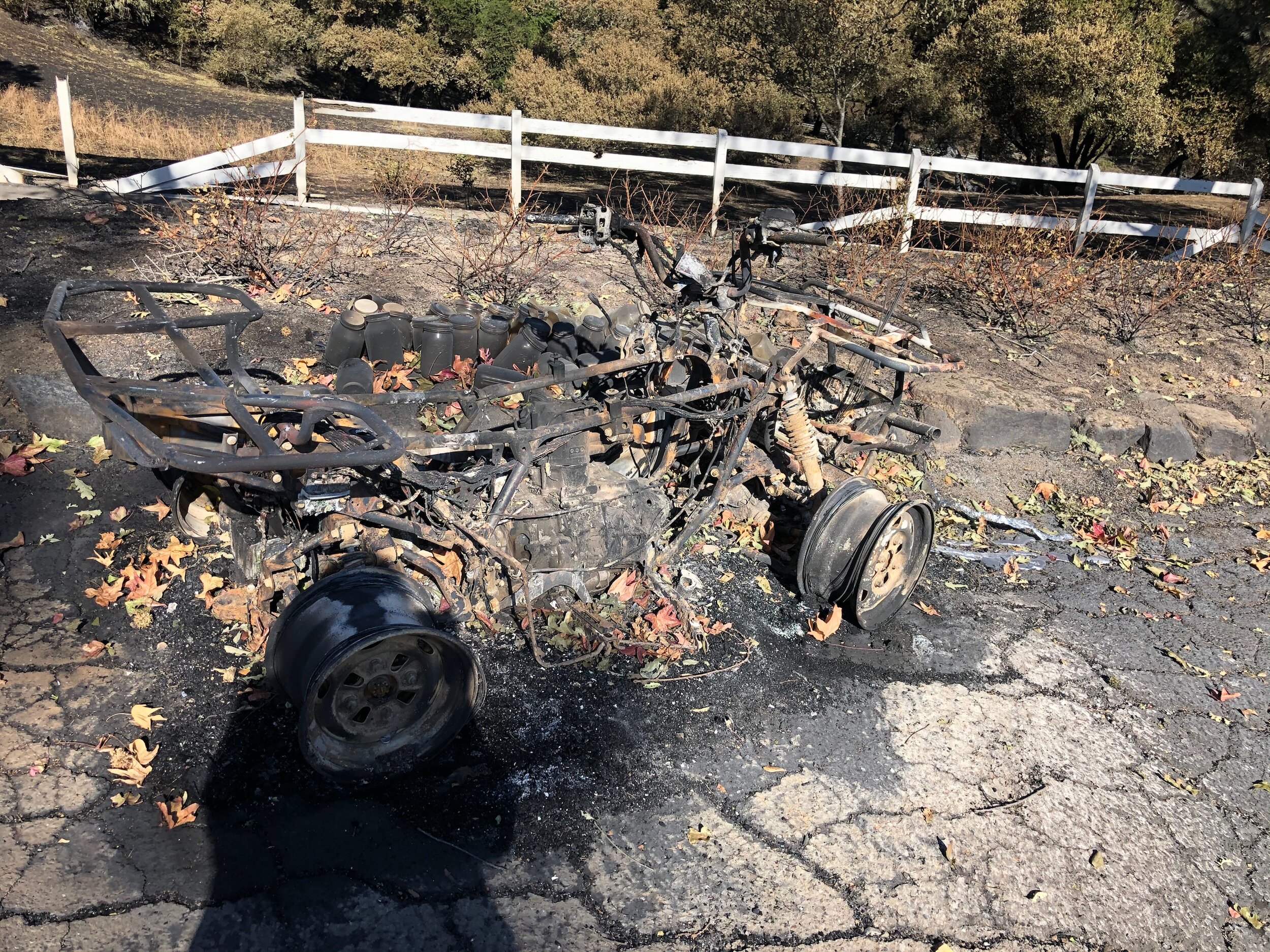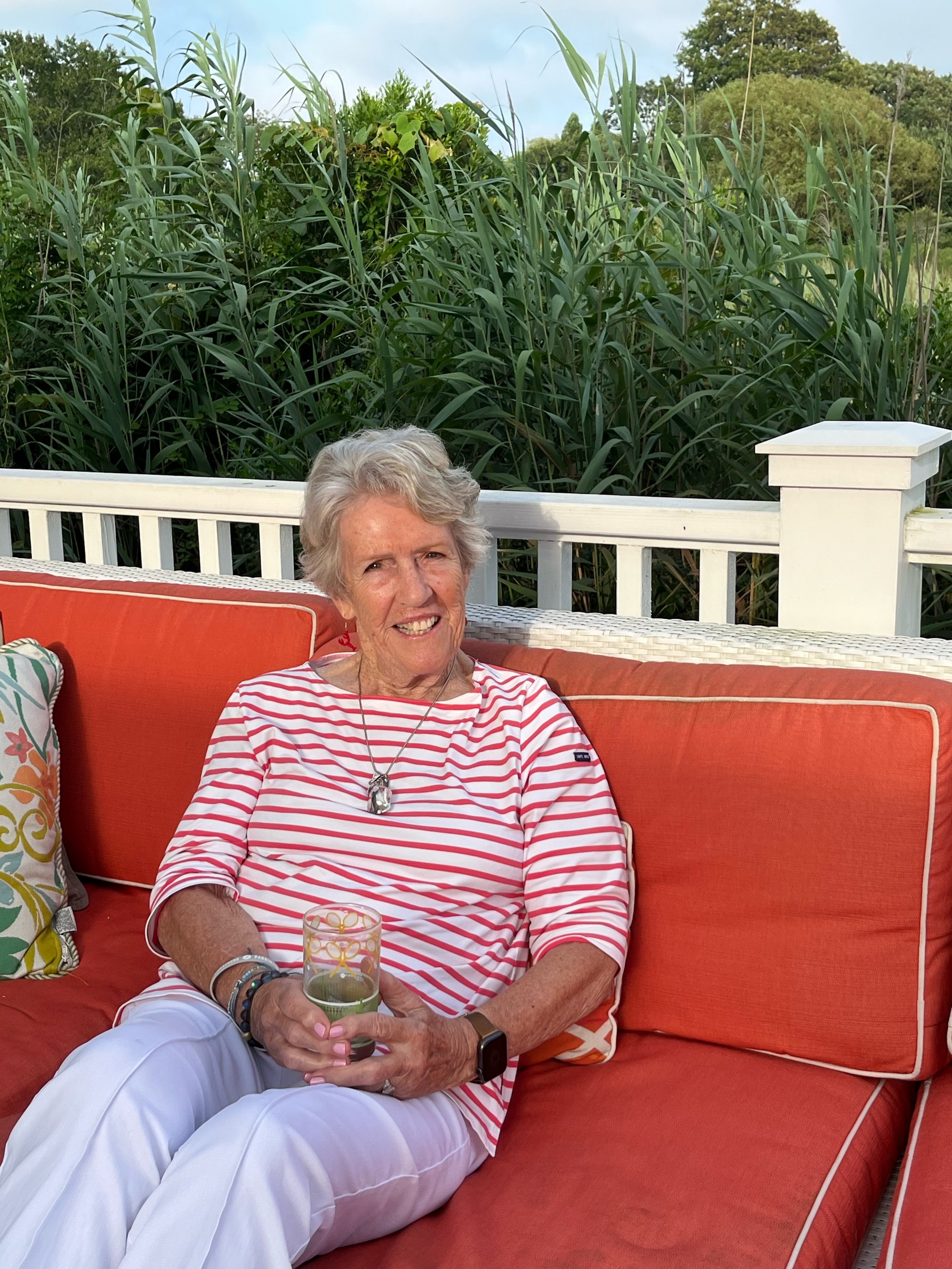"MOM, I'VE BEEN DEPLOYED BY THE RED CROSS"
/From a Red Cross Incident Briefing: On October 23, a vegetation fire broke out on the border of Mendocino and Sonoma Counties, quickly spreading to 1000 acres. Within a week, 190,000 people were under mandatory evacuation orders. No human lives were lost but the Kincade fire ultimately ravaged nearly 78,000 acres.
———-
Personal note: California suffered many devastating fires this fall. Hundreds of volunteers went to help. While I am extraordinarily proud of my daughter (who is an Emergency Room nurse), I am equally in awe of all the firemen, medical people, public utility workers and civic officers who voluntarily left home and hearth to combat the fires and offer assistance to those affected by them.
————
Toting a sleeping bag and red duffle, Alex boarded a JetBlue flight to California on November 1 to serve as a volunteer nurse and service associate for the Red Cross. Her initial assignment was to assist at shelters for “displaced” families near Petaluma and Santa Rosa.
She arrived late afternoon and went immediately to work. “My shift was 7 PM to 7 AM. Another nurse and I tended to about 200 people in the shelter, some suffering from smoke inhalation or sicknesses, others who had been injured in some way while evacuating their homes. We did everything from treating dog bites and headaches to changing colostomy bags.”
The following morning, after attending the Daily Briefing at headquarters with other Red Cross volunteers, she laid out her sleeping bag in a staff shelter. “There were 40 of us on cots. I’m not complaining but sleep was elusive!” She later bathed in an 18-wheeler truck outfitted with six individual showers. Alex said, “We took showers military style - get wet, soap up, rinse off, get out.”
Several days later, the Kincade fire had been contained to 80% with full containment expected later that week. But before anyone could return to their homes, the Red Cross, and others, needed to make “disaster assessments.” That became Alex’s next assignment.
She says, “The LAC (Local Assistance Center) set up headquarters in a large church where the people staying in the shelters came to start the process of home recovery. It was an amazing scene — tables everywhere with people from the Red Cross, Salvation Army, Allstate Insurance, motor vehicle registration, animal rescue groups, tax assessors. They were there to deal one-on-one with people who had fled the fires and who had no idea if their houses still stood.”
“The Red Cross provided water, shovels, rakes, totes, tarps, work gloves, facial masks, and money for temporary housing,” Alex said. “We also had to find wheelchairs, dentures, eyeglasses, all their vital needs. Many of these people had lost everything.”
Alex joined a team of several doctors to make the disaster assessments in various parts of Sonoma County. “The fire was so serendipitous. One house would be completely destroyed, nothing left but charred rubble. Yet the house next door was pristine, with flowers blooming in the yard. It was so sad to see bowls of water and food left by the front doors. Obviously many dogs and cats were missing.”
Her team found a man walking through the scorched earth who had survived by climbing into a culvert while the fire raged over him. Another man stood alone in the rubble of his house holding a dead cat in a bag. “We couldn’t do much for him, but we offered to bury his cat,” Alex said. “Mainly, everyone we met just needed to talk. Sharing their grief was as important to them as getting water.”
The volunteer Red Cross nurses and doctors came from across the country, including Alaska, Hawaii, Missouri and Utah. Alex said, “Titles didn’t matter. Everyone — from surgeons to EMTs to nurses — helped. We all cleaned bathrooms, lifted palettes of water off trucks, and the entire time I was there, not one person bitched. No one pulled rank.”
After arriving back home in New Hampshire, Alex said, “I keep thinking about those helicopters spraying chemicals on the fields to put out the fires. How can cattle graze there now? Or in the future? I keep picturing the wineries we passed, where the grapes were in full bloom but the heat of the fires has ruined them for wine making. The economic effect is devastating.”
Her shifts were long, there was no TV, but “It’s what I love to do — old fashioned nursing at its best. And occasionally we did manage to have some fun.” (Check out the poker game below, and note what they used as chips.)
photo of poker game









